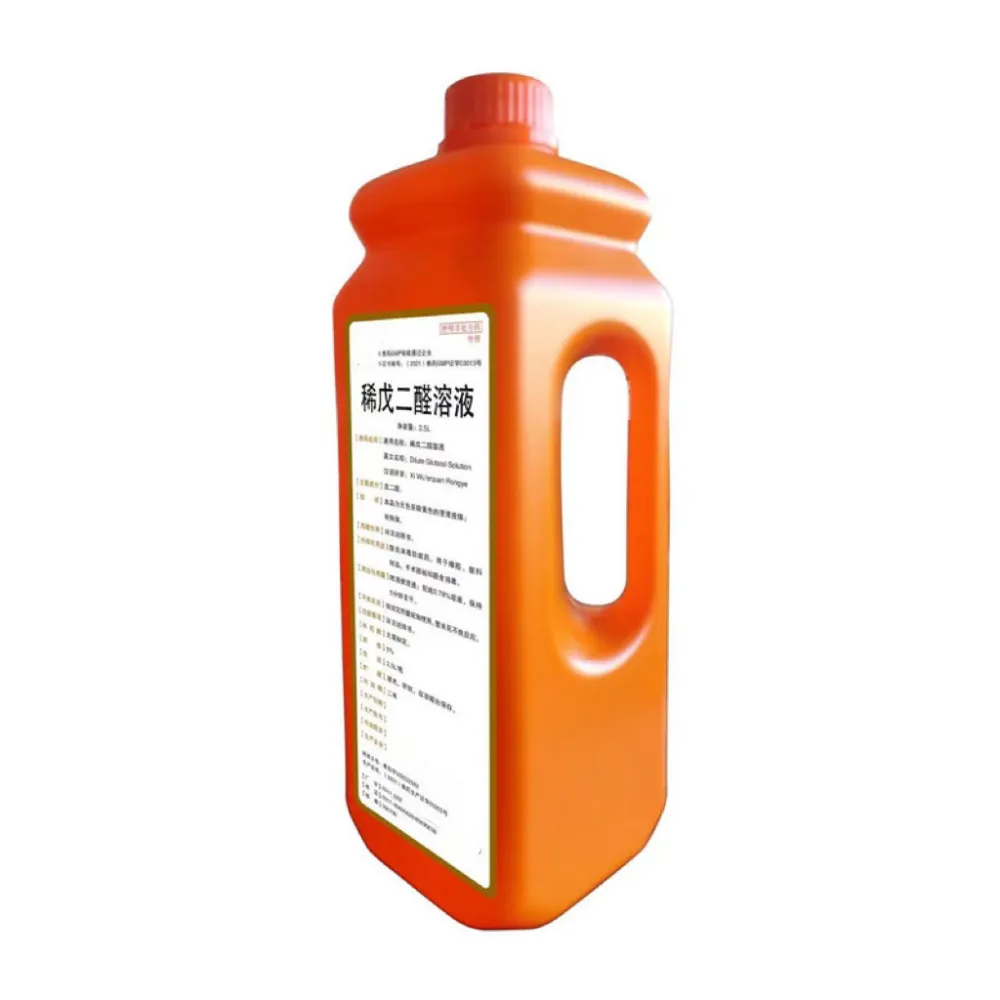- Afrikaans
- Albanian
- Amharic
- Arabic
- Armenian
- Azerbaijani
- Basque
- Belarusian
- Bengali
- Bosnian
- Bulgarian
- Catalan
- Cebuano
- Corsican
- Croatian
- Czech
- Danish
- Dutch
- English
- Esperanto
- Estonian
- Finnish
- French
- Frisian
- Galician
- Georgian
- German
- Greek
- Gujarati
- Haitian Creole
- hausa
- hawaiian
- Hebrew
- Hindi
- Miao
- Hungarian
- Icelandic
- igbo
- Indonesian
- irish
- Italian
- Japanese
- Javanese
- Kannada
- kazakh
- Khmer
- Rwandese
- Korean
- Kurdish
- Kyrgyz
- Lao
- Latin
- Latvian
- Lithuanian
- Luxembourgish
- Macedonian
- Malgashi
- Malay
- Malayalam
- Maltese
- Maori
- Marathi
- Mongolian
- Myanmar
- Nepali
- Norwegian
- Norwegian
- Occitan
- Pashto
- Persian
- Polish
- Portuguese
- Punjabi
- Romanian
- Russian
- Samoan
- Scottish Gaelic
- Serbian
- Sesotho
- Shona
- Sindhi
- Sinhala
- Slovak
- Slovenian
- Somali
- Spanish
- Sundanese
- Swahili
- Swedish
- Tagalog
- Tajik
- Tamil
- Tatar
- Telugu
- Thai
- Turkish
- Turkmen
- Ukrainian
- Urdu
- Uighur
- Uzbek
- Vietnamese
- Welsh
- Bantu
- Yiddish
- Yoruba
- Zulu
Nov . 07, 2024 08:31 Back to list
Ivermectin Injection Dosage Guidelines for Goat Health and Treatment
Ivermectin Injection Dosage for Goats A Comprehensive Guide
Ivermectin is an antiparasitic agent widely used in livestock and veterinary medicine, particularly for goats. It is effective against a variety of internal and external parasites including nematodes, lice, mites, and some protozoans. However, proper dosing is crucial to ensure efficacy and animal safety. This article aims to provide an overview of ivermectin injection dosage for goats, its uses, and important considerations for goat owners.
Understanding Ivermectin
Ivermectin belongs to a class of drugs known as avermectins, which are derived from the soil bacterium *Streptomyces avermitilis*. It works by binding to specific chloride channels in the nervous system and muscle cells of parasites, leading to paralysis and death. While ivermectin is highly effective, it is essential to use it correctly to avoid underdosing, which can lead to resistance, or overdosing, which can result in toxicity.
When to Use Ivermectin in Goats
Ivermectin is commonly used in goats for the treatment and prevention of various parasitic infections. Conditions it can help manage include
1. Gastrointestinal Nematodes Adult goats can be infested by various worms that affect their gastrointestinal system, leading to poor weight gain, lethargy, or even death. 2. Lungworms These can cause respiratory issues and overall poor health.
3. External Parasites Ivermectin is also effective against lice, mites, and ticks, which can cause skin problems and discomfort.
4. Other Conditions It may be used off-label for certain protozoal infestations, but this should be done under veterinary guidance.
Dosage Guidelines
The typical ivermectin dosage for goats is 0.2 mg/kg of body weight, given as a subcutaneous or intramuscular injection. However, it is crucial to follow any specific guidelines or recommendations provided by a veterinarian, as dosages can vary based on the particular health condition being treated, the goat’s age, and its overall health status.
ivermectin injection dosage for goats

Administration Method
1. Preparation Ensure that the ivermectin solution is well-mixed and the syringe is clean. 2. Injection Site The preferred sites for injection are the neck or behind the shoulder, where the skin is thicker. It is important to use a needle appropriate for the goat's size (usually a 16 to 18-gauge needle is suitable).
3. Technique Aspirate before injecting to ensure that you are not in a blood vessel. Inject the ivermectin slowly to minimize discomfort.
4. Record Keeping Always keep a record of dosages and treatment dates for each animal, as this can be helpful for future monitoring and veterinary visits.
Important Considerations
1. Withdrawal Times If your goats are intended for meat or milk production, be aware of withdrawal times. Ivermectin typically has a withdrawal time of 18 days for meat and 7 days for milk. Consult product labels or your veterinarian for specifics.
2. Resistance Management Overuse of ivermectin can lead to resistance among parasite populations. Rotate dewormers and employ good management practices to minimize this risk.
3. Consult a Veterinarian Always consult with a veterinarian for advice tailored to your goats’ specific needs. Some goats may have unique health considerations that could affect dosing or treatment plans.
4. Monitor Health After administering ivermectin, monitor your goats for any adverse reactions or signs of improvement. Knowing the baseline health of your herd will help you identify any changes more effectively.
Conclusion
Ivermectin is a vital tool in the management of parasites in goat herds, but its use must be approached with care. Understanding the correct dosage, administration methods, and withdrawal times is critical for ensuring the health of your goats and the safety of products derived from them. By remaining vigilant and consulting with your veterinarian, you can effectively utilize ivermectin to maintain a healthy and productive goat herd. Proper animal husbandry and parasite control strategies not only enhance the welfare of your goats but also contribute to a sustainable farming system.
-
Guide to Oxytetracycline Injection
NewsMar.27,2025
-
Guide to Colistin Sulphate
NewsMar.27,2025
-
Gentamicin Sulfate: Uses, Price, And Key Information
NewsMar.27,2025
-
Enrofloxacin Injection: Uses, Price, And Supplier Information
NewsMar.27,2025
-
Dexamethasone Sodium Phosphate Injection: Uses, Price, And Key Information
NewsMar.27,2025
-
Albendazole Tablet: Uses, Dosage, Cost, And Key Information
NewsMar.27,2025













